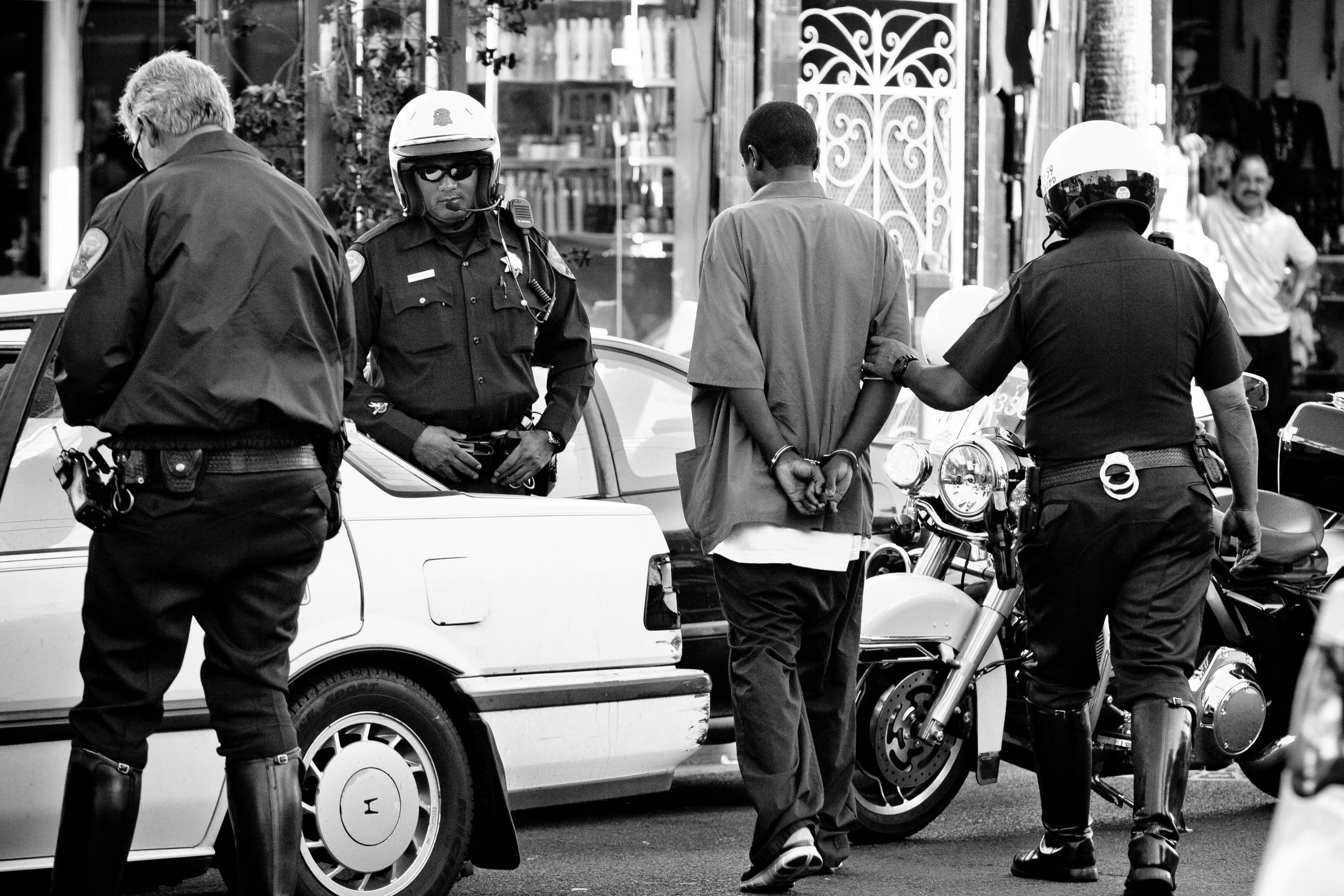7.3 Impacts on Marginalized Populations

One of the biggest consequences of the war on drugs is the overrepresentation of marginalized (i.e., people who are: young, socio-economically disadvantaged, experiencing housing insecurity, experiencing mental health issues, etc.) and racialized people in prison (DPA, 2016; Human Rights Watch, 2016). The war on drugs has made marginalized people more vulnerable to arrest, conviction, and imprisonment for substance use and low-level sales, even though prohibitionist policies are supposed to target high-level trade (CDPC, 2020; DPA, n.d.). For example, African Americans in the US have been consistently constructed as more likely to be involved in the trade/sale and use of drugs (DPA, 2016), rather than overrepresented in criminal justice system statistics (DPA, 2016; Rosenberg et al., 2018). Such inaccurate constructions lead to increased racial profiling by law enforcement, contributing to an enhanced likelihood of arrest and incarceration (DPA, 2016; Rosenberg et al., 2018).
Mode of substance consumption is also associated with differential targeting of marginalized populations tied to the war on drugs. Similar to the problematizing of smoking of opium in Canada in the early 1900s (in contrast with the consumption of laudanum or patent and proprietary opiate-based medicines – See Chapter on Early Canadian Drug Policy), we saw a distinction being made between crack and powder cocaine in the U.S. in the 1980s (DPA, 2016). As Ethan Nadelmann (TED, 2014) explains, part of the reason some drugs are legal, and others are not, or some forms of drugs are differentially regulated than other forms of the same drug (See Chapter 1 Section on Psychoactive Drug Classifications & Effects), has more to do with who is perceived to use them than the science tied to the actual drug and its harms and effects. With regard to crack cocaine, research has shown that beginning in the 1980s both racialized and/or socio-economically disadvantaged populations have been disproportionately targeted for their use of cheaper cocaine in crack form (Vagins & McCurdy, 2006; Palamar et al., 2015).
VIDEO: What is the Drug War?
In the following video Jay-Z talks about the war on drugs in the United States and how it has disproportionately impacted marginalized and racialized communities.
VIDEO: Every 25 Seconds, Someone is Arrested for Drug Possession in the U.S.
This video demonstrates the rate at which people are arrested for drug offences and the consequences of criminalizing drugs on marginalized populations in the U.S.

